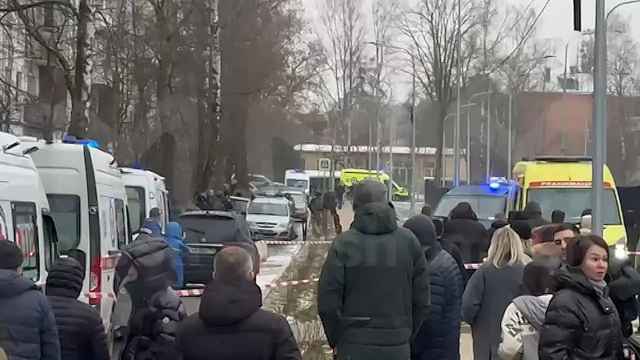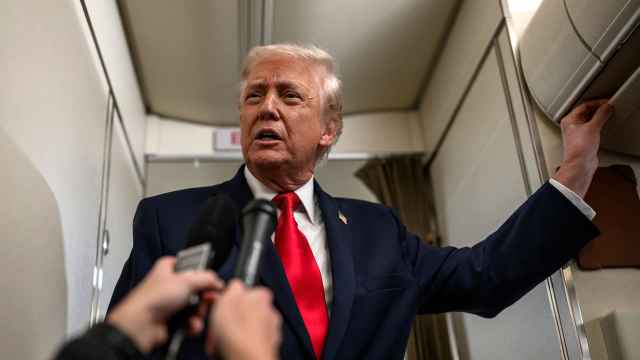The Krasnodar Regional Court overturned a local court's decision to ban a widely read Russian translation of the Quran on Tuesday, quieting fears of unrest among the country's sizable Muslim community over the ban.
The decade-old translation of the holy book was banned in September by a court in the southern city of Novorossiysk under article 282 of the Criminal Code for the "incitement of national, racial, or religious enmity." The ruling was appealed by the lawyer of Azeri theologian Elmir Kuliyev, who wrote the translation.
"We were expecting the ruling to be overturned," said Rushan Abbyasov, the deputy head of the Council of Muftis of Russia, by telephone. "We actively participated in the appeals process, and our theologians demonstrated that Kuliyev's translation was in no way extremist. The district court was incompetent, making a decision solely to foment a popular reaction, and the regional court realized that."
Since Russia adopted its extremism law in 2002, the Justice Ministry has banned 2,142 publications, including "The Garden of the Righteous," a compilation of verses from the Quran and Hadith. Adherents of other minority religions have also been targeted using the extremism law in recent years, including Jehovah's Witnesses.
Muslim leaders had warned that if the ban of the Quran translation was not overturned, many of Russia's 15 million Muslims would take to the streets in protest.
While Tuesday's ruling was cheered by Islamic organizations, including Russia's Spiritual Directorate of Muslims, theologians did not unanimously support the decision to overturn the ban.
Islam scholar Roman Silantyev said the controversial translation of the Quran was "wahhabist and ignorant," Lenta.ru reported.
Political analyst Alexander Verkhovsky agreed with Abbyasov that the district court that originally ruled to ban Kuliyev's translation of the Quran did not abide by the highest legal standards.
"I do not see why they wanted to ban this particular version of the Quran," said Alexander Verkhovsky, director of the Moscow-based SOVA Center for Information and Analysis. "The decision was made by a low-level court with doubtful competencies."
Contact the author at [email protected]
A Message from The Moscow Times:
Dear readers,
We are facing unprecedented challenges. Russia's Prosecutor General's Office has designated The Moscow Times as an "undesirable" organization, criminalizing our work and putting our staff at risk of prosecution. This follows our earlier unjust labeling as a "foreign agent."
These actions are direct attempts to silence independent journalism in Russia. The authorities claim our work "discredits the decisions of the Russian leadership." We see things differently: we strive to provide accurate, unbiased reporting on Russia.
We, the journalists of The Moscow Times, refuse to be silenced. But to continue our work, we need your help.
Your support, no matter how small, makes a world of difference. If you can, please support us monthly starting from just $2. It's quick to set up, and every contribution makes a significant impact.
By supporting The Moscow Times, you're defending open, independent journalism in the face of repression. Thank you for standing with us.
Remind me later.





